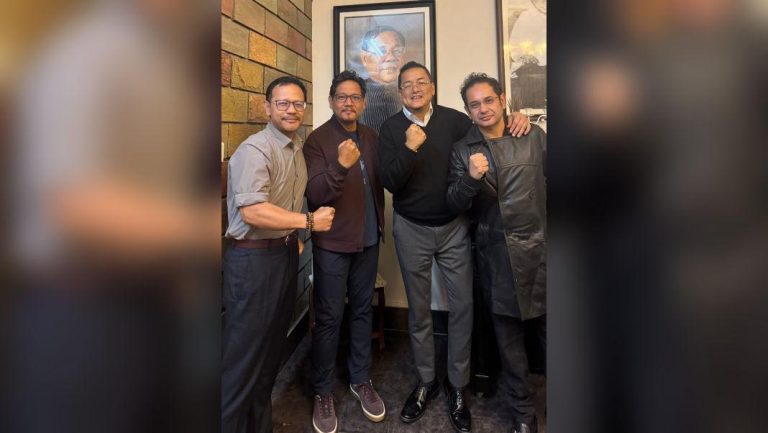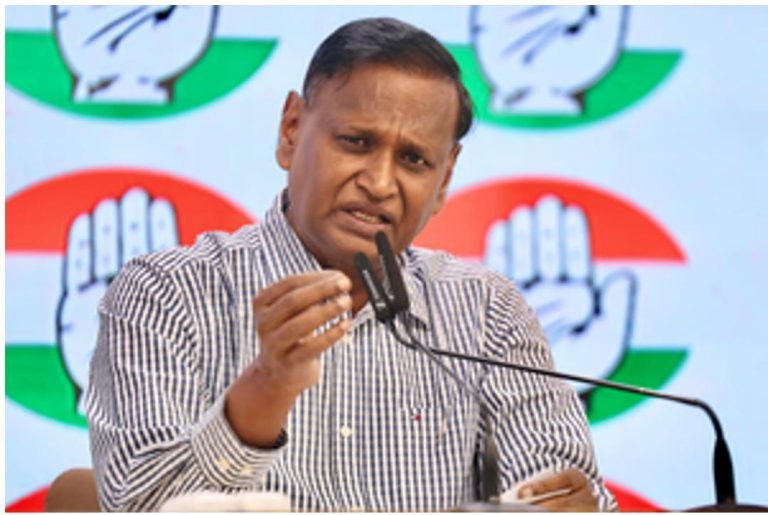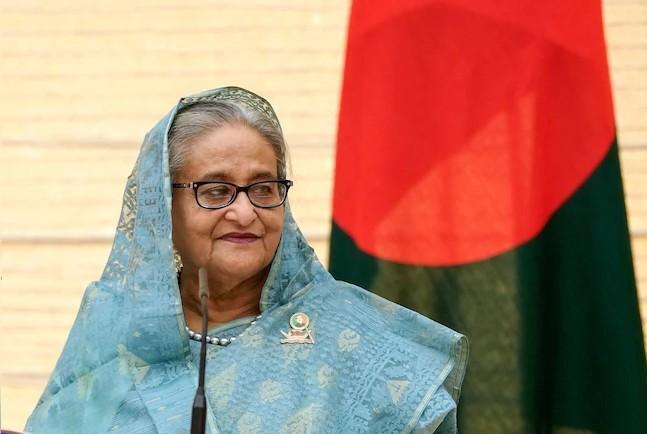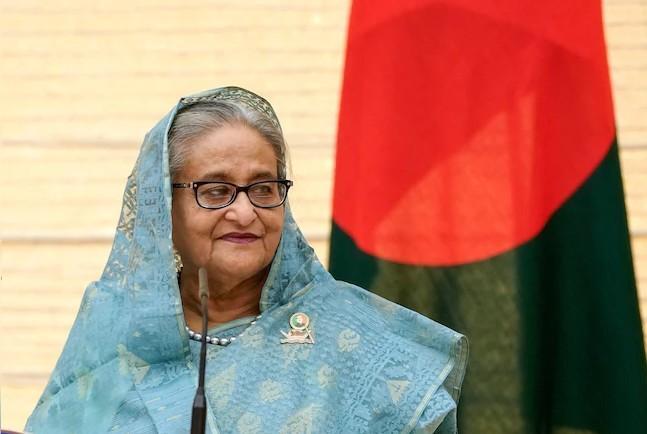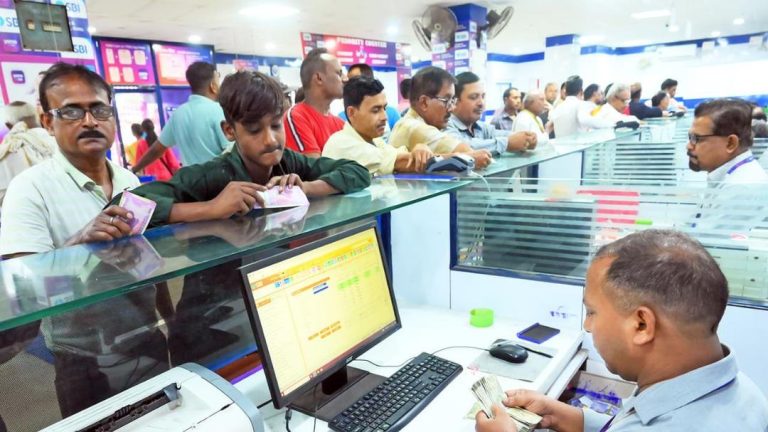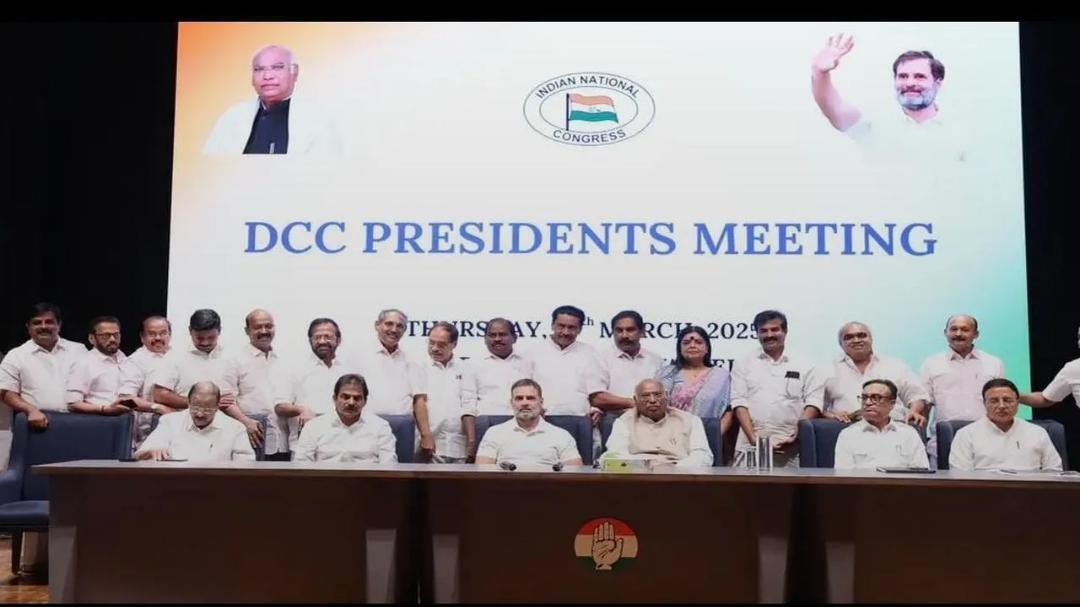
Leaked Audios Trigger Crisis, Resignations in Kerala Congress
The recent leak of audio recordings of private conversations between senior leaders of the Congress party’s Kerala unit has sent shockwaves through the party, leading to the resignations of two high-ranking officials within a span of just three days. The crisis has left the party embarrassed and internally paranoid, with many demanding answers about the sources of the leaks and the motives behind them.
The first audio recording to surface was a conversation between Kerala Congress’s state president, K. Sudhakaran, and a local leader, in which they allegedly discussed ways to manipulate the party’s organizational structure to favor certain individuals. The recording was widely shared on social media, causing outrage among party workers and supporters.
Just days later, another audio recording emerged, this time featuring a conversation between Sudhakaran and a senior leader, in which they allegedly discussed the party’s strategy for the upcoming local body elections. The recording was equally incriminating, suggesting that the party’s leadership was more concerned with personal interests than with serving the people.
In the aftermath of these leaks, Sudhakaran resigned as state president, citing “personal reasons” and “family pressures.” His resignation was followed by that of another senior leader, who stepped down from his post as chairman of the party’s state committee.
The resignations have left the party in disarray, with many questioning the integrity of Sudhakaran and the other leaders who were involved in the leaked conversations. The party’s leadership has launched internal probes to determine the sources of the leaks and to investigate whether any party funds were misused or if there was any attempt to bribe or intimidate party workers to support certain individuals.
However, the leak has also raised serious questions about the trend of private conversations ending up in the public domain. In recent years, there have been several instances of politicians’ private talks being recorded and leaked to the media, often with devastating consequences.
Many experts have pointed out that the increasing use of smartphones and social media has made it easier for people to record and disseminate private conversations. However, the ease with which these recordings can be shared also raises concerns about the privacy and security of individuals who are involved in political conversations.
The Kerala Congress crisis is just the latest example of the dangers of leaked audio recordings. In the past, similar leaks have led to the downfall of politicians and parties, often with devastating consequences for their reputations and careers.
In the wake of the Kerala Congress crisis, many are calling for greater transparency and accountability in political discourse. They argue that politicians must be held accountable for their actions and words, and that the public has a right to know what is happening behind closed doors.
However, others are warning about the dangers of leaking private conversations. They argue that such recordings can be manipulated or fabricated, and that they can have serious consequences for individuals who are involved in them.
As the Kerala Congress party navigates the fallout from the leaked audios, it is clear that the crisis has exposed deep-seated divisions and power struggles within the party. It remains to be seen whether the party will be able to recover from this crisis, or whether it will continue to struggle with internal conflicts and leaks.
Source:
